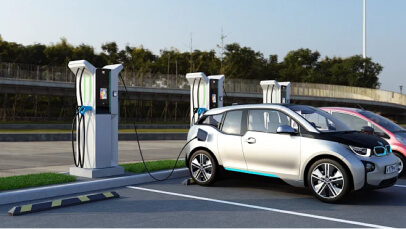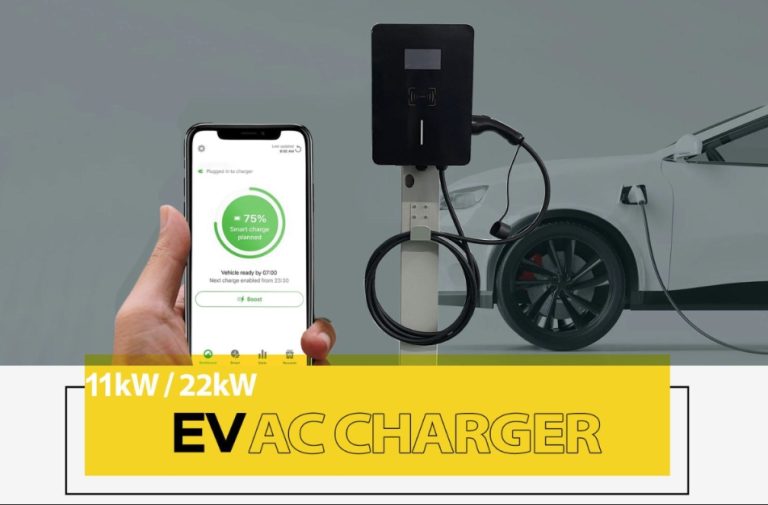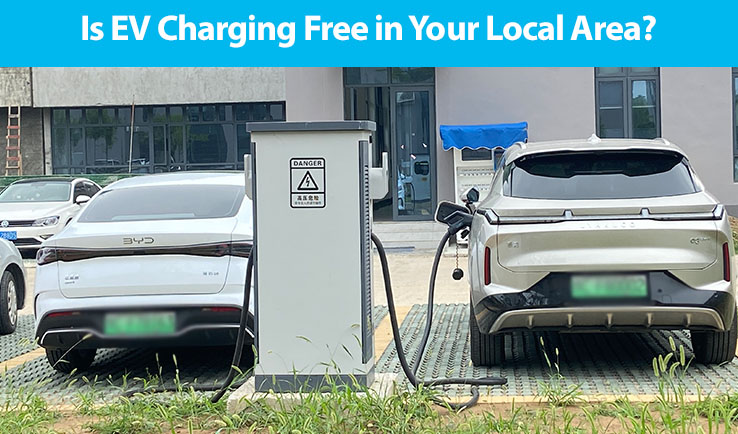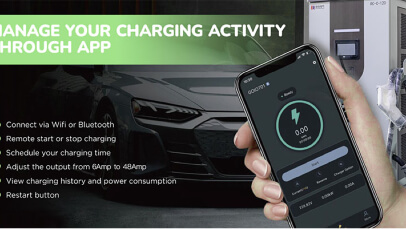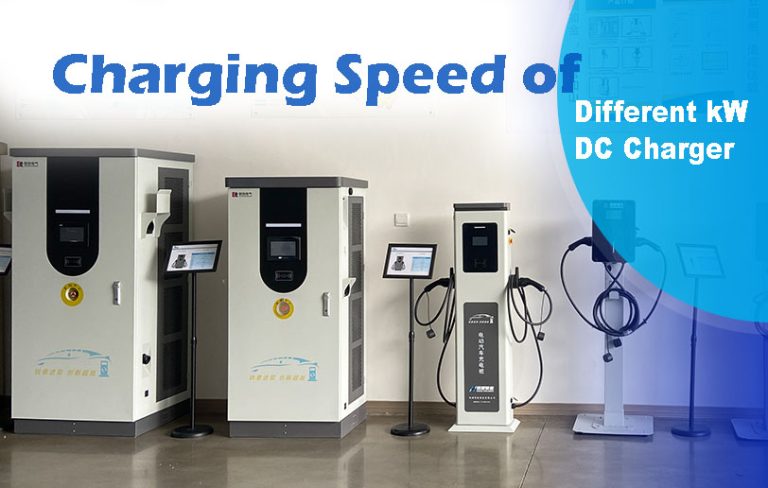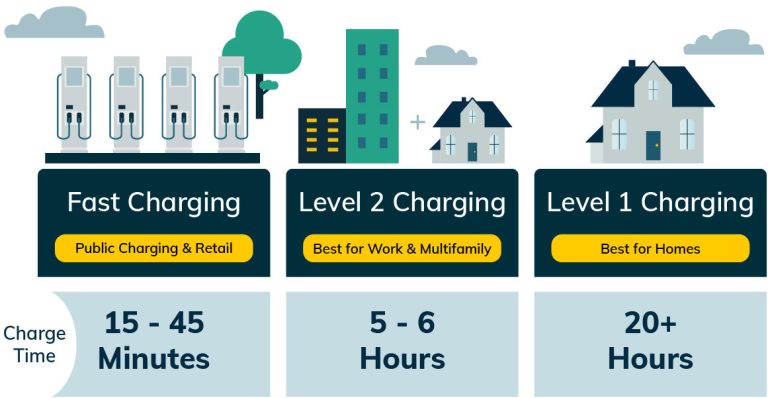The installation of charging stations is not a one-off process. It involves conditions and requirements in many aspects, including power, space, regulations, and technology. This article will discuss in detail the key conditions required for the installation of charging piles from five dimensions, including power supply, site conditions, access conditions, construction qualifications, and regulatory compliance.
1. Power supply conditions
Power supply is the primary condition for the installation of EV charging stations. As high-power equipment, charging piles require stable and sufficient power support. Generally speaking, charging piles need to be connected to 220V or 380V AC power supply, among which DC fast charging piles often require higher voltage and power supply.
eg: What is the maximum power allowed for the charging station to be installed if the main fuse is 3X63A?
With a 3X63A main fuse, the ultimate maximum power for a single charging station is 3-phase, 400V * 63A * √3 ≈ 43.6 kW.
2. Site conditions
Site conditions are the basis for the installation of charging stations. First of all, the charging piles need to be installed in a flat and open place to facilitate vehicle access and parking. At the same time, the installation area should have sufficient area to meet the installation, use and maintenance requirements of the charging piles. According to the "Technical Specifications for Charging Pile Engineering" (GB/T31489-2015), the area of the charging pile installation area should be determined according to the power level of the charging pile, and generally requires ranging from 2㎡ to 4㎡.
3. Access conditions
The access conditions of charging piles mainly involve the connection with the operator's charging service platform. In order to achieve remote monitoring and management, the charging piles should adopt communication interfaces that meet national standards to communicate with the operator's platform. In addition, the charging piles should have complete safety protection measures, including lightning protection, short circuit protection, fire protection, etc., to ensure their safe operation. Remote monitoring and management functions are also indispensable, which can help operators to promptly detect and handle charging pile failures and improve efficiency and safety.
4. Construction qualifications and technical requirements
The installation of charging piles requires corresponding technical capabilities and qualifications. Installers should hold electrician professional qualification certificates and have electrician professional knowledge and skills. At the same time, they should also receive professional charging pile installation training and master the installation technology and specifications of charging piles. Only professionals with these qualifications and capabilities can ensure the installation quality and safety of charging piles.


